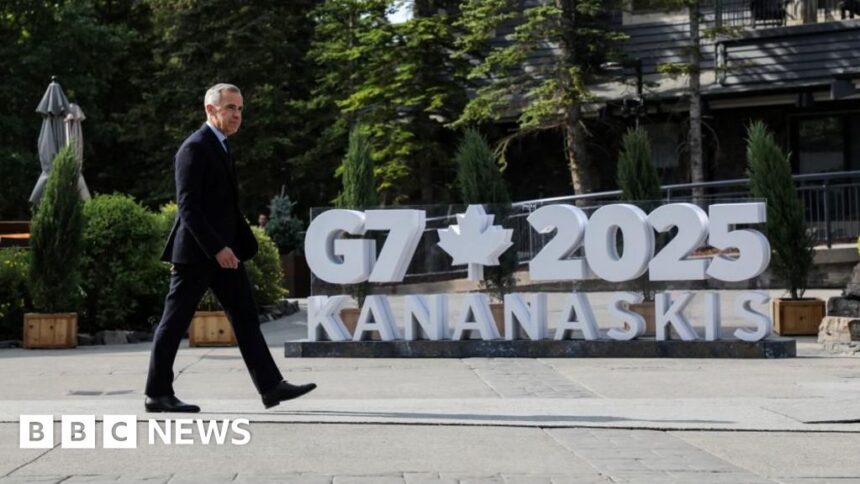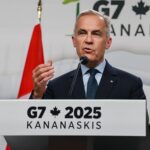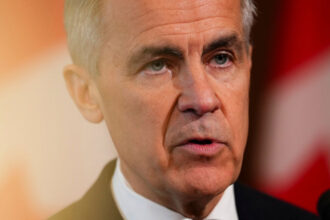In the shadow of mounting global tensions, world leaders concluded the 2024 G7 Summit with ambitious declarations but lingering questions about implementation. The three-day gathering in Italy’s southern Puglia region produced unified statements on critical issues from Ukraine to artificial intelligence, yet the path from agreement to action remains characteristically complex.
Prime Minister Justin Trudeau emerged with a strengthened position on Canada’s international priorities, securing commitments on clean energy transition and democratic resilience while emphasizing Canada’s role as a stable partner in an increasingly volatile geopolitical landscape.
“What we’ve accomplished here reflects Canada’s unwavering commitment to a rules-based international order,” Trudeau stated at the conclusion of the summit. “From climate finance to food security, we’ve demonstrated that multilateral cooperation remains our most powerful tool against shared challenges.”
The summit’s final communiqué delivered a forceful rebuke of Russia’s continued aggression in Ukraine, with G7 members pledging an additional $50 billion in financial support for Kyiv through seized Russian assets. This represents the most significant financial commitment to Ukraine since the conflict began, though legal hurdles regarding asset seizure mechanisms remain unresolved.
Trade tensions dominated behind-the-scenes discussions, particularly regarding China’s industrial overcapacity. The leaders agreed to coordinate responses to what they described as “market-distorting practices,” while carefully avoiding language that might trigger further economic retaliation from Beijing.
“We recognize that economic security is national security,” noted U.S. President Biden during the closing press conference. “Our shared prosperity depends on fair competition and transparent markets.”
Climate commitments received renewed attention, with G7 nations reaffirming the pledge to phase out unabated coal power and accelerate clean energy deployment. Canada specifically committed an additional $3.2 billion toward climate finance initiatives in developing nations, positioning itself as a leader in the clean energy transition despite ongoing domestic debates about resource development.
The summit also produced the first comprehensive G7 framework on artificial intelligence governance, establishing shared principles for responsible AI development while acknowledging the technology’s transformative economic potential.
Economic analysts note that the true test of this summit’s success will unfold in the coming months. “The G7’s relevance depends entirely on implementation,” explains Dr. Eleanor Westbrook, professor of international relations at the University of Toronto. “These summits generate important symbolic consensus, but the follow-through determines their actual impact on global challenges.”
For Canada, the summit represented an opportunity to strengthen its diplomatic position amid shifting geopolitical alliances. Trudeau’s bilateral meetings with European leaders focused heavily on expanding trade relationships, particularly in critical minerals and clean technology sectors where Canada holds strategic advantages.
The summit’s emphasis on democratic resilience also aligns with Canada’s foreign policy priorities. The final declaration included robust language on combating disinformation and protecting electoral integrity—issues where Canada has developed significant expertise following its own experiences with foreign interference.
As global attention shifts to upcoming international forums including the UN General Assembly and COP29, the question remains: will the agreements reached in Puglia translate into tangible action, or join the growing collection of well-intentioned but ultimately unfulfilled summit declarations?
What remains certain is that in an era of intensifying great power competition and eroding multilateral norms, Canada’s position as a middle power depends increasingly on its ability to navigate these complex diplomatic waters with both principle and pragmatism. As climate challenges, technological disruption, and geopolitical tensions accelerate, can the consensus-building approach championed at forums like the G7 still deliver meaningful global governance?










